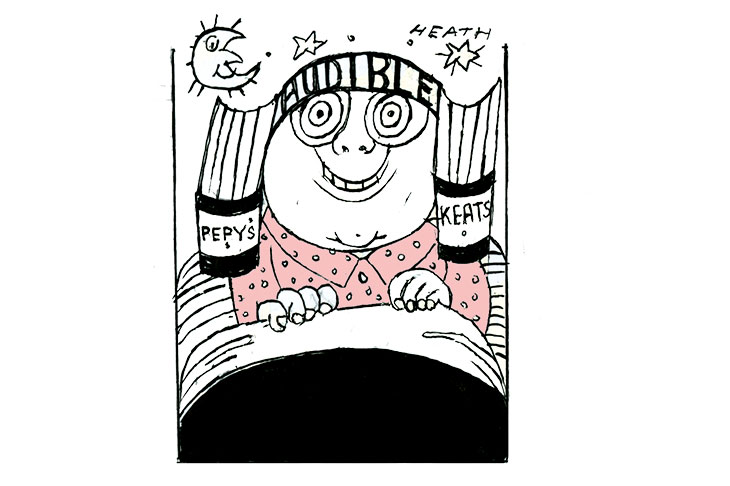There are many reasons political journalists get so many things so badly wrong. One is our tendency to overvalue liberal politicians. This explains why we have misunderstood Benjamin Netanyahu, the Israeli Prime Minister, who has flown to London this week to join Theresa May at a dinner to celebrate the centenary of the Balfour Declaration. Frequently dismissed as a political thug, Mr Netanyahu is arguably the most successful Israeli premier of all time. If he wins the next election, he will overtake David Ben-Gurion, Israel’s father figure, as his country’s longest-serving prime minister. He has seen off all his domestic rivals. He faced down Barack Obama, and anticipated the rise of the alt-right. He has secured international alliances that would have been unimaginable a few years ago. Saudi Arabia is today one of Israel’s closest allies, while Prime Minister Narendra Modi of India recently visited Israel without even bothering to travel to the Palestinians in Ramallah. Inside Israel, the peace process is dead. Not even the Israeli Labour party bothers to complain about the settlements. This is a staggering achievement.
Should we celebrate Balfour? Britain has honoured the first half of Balfour’s letter, which promised to deliver a Jewish homeland. But we have miserably failed to keep our second promise to protect the civil and religious rights of Palestinians. Last month I visited East Jerusalem and the West Bank. Above the Jordan Valley I spent an afternoon with a Bedouin chief for whom Balfour has been a disaster. He told me how he tried to build a school, but the Israelis knocked it down. So he tried to construct a road to the nearest school, but the Israelis destroyed the road. They bulldozed his encampment. They have taken his water supply. He told me the army had confiscated his livestock, and when that failed, shot at his farm animals from jeep helicopters. He is told that he has no rights to his land, but his grandfather is buried a few miles away and his ancestors have been in the area since time immemorial.
In many conversations like these, I grasped something I had not previously understood. The settlements have become part of the basic economic, infrastructure and security apparatus of the Israeli state. This means that the two-state solution which Britain has claimed to support for so long has become impossible. Netanyahu’s triumph means that very soon a one-state Israel must choose between democracy and apartheid.
I suffer from insomnia, which makes me grateful for Audible, an amazing product which means I can listen to actors reading books on my mobile phone. Audible has sent me a message saying that last year I was one of its best customers, having spent 400 hours (the equivalent of nearly two-and-a-half solid weeks) enjoying its products. I have listened to the first six volumes of Pepys’s diaries, Boswell’s Life of Johnson (several times), a life of Genghis Khan, great chunks of the Bible and the Koran, the Mahabharata, the poems of Tennyson, Kipling’s Kim, The Pilgrim’s Progress, The Wind in the Willows, Roger Scruton’s How To Be a Conservative, Ralph Richardson reading Keats and a great deal besides. I am also using Audible to learn Arabic. Last night I listened to William’s Happy Days, read by the incomparable Martin Jarvis.
Mary Wakefield was too gloomy about universal credit in The Spectator last week. It is a good system that is working well and should in time restore the British social security system to the humane principles embodied in William Beveridge’s famous 1942 report on the welfare state. Unfortunately, it has powerful enemies. The Treasury, under George Osborne and now Philip Hammond, has long been determined to wreck it. When Iain Duncan Smith was in charge, he had the guts and political weight to stand up to Osborne. Unfortunately, David Gauke, the current Work and Pensions Secretary, has neither. If the Treasury is allowed to destroy universal credit, history really will regard the May government with contempt.
Got something to add? Join the discussion and comment below.
Get 10 issues for just $10
Subscribe to The Spectator Australia today for the next 10 magazine issues, plus full online access, for just $10.
You might disagree with half of it, but you’ll enjoy reading all of it. Try your first month for free, then just $2 a week for the remainder of your first year.














Comments
Don't miss out
Join the conversation with other Spectator Australia readers. Subscribe to leave a comment.
SUBSCRIBEAlready a subscriber? Log in